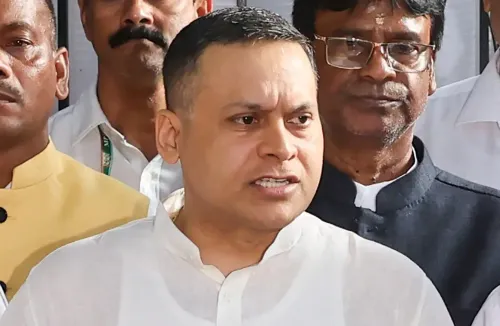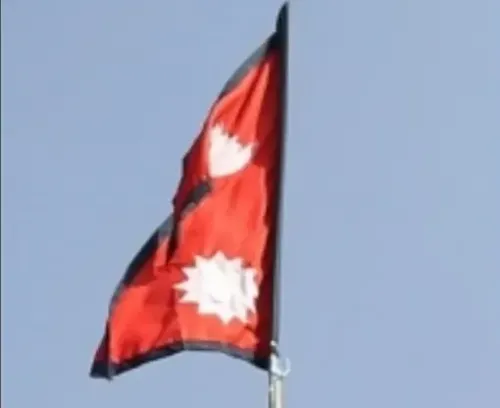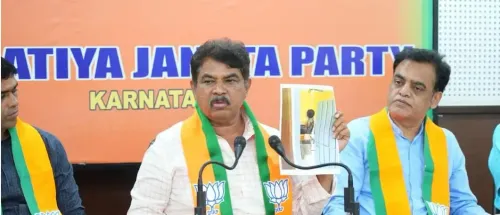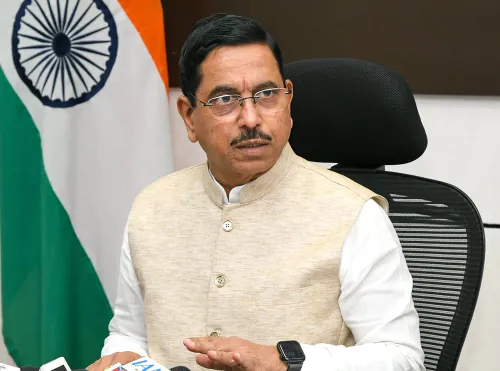Is the Emergency of 1975 the Darkest Chapter in India’s History?
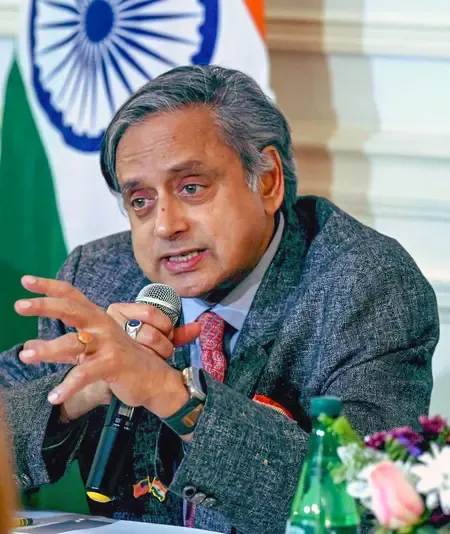
Synopsis
Key Takeaways
- The Emergency illustrates the vulnerability of democratic institutions.
- Freedom of information is crucial for accountability.
- An independent judiciary is essential to safeguard democracy.
- Overreaching executive power can threaten democratic values.
- Today's India is more robust than in 1975.
New Delhi, July 10 (NationPress) Senior Congress leader Shashi Tharoor on Thursday labeled the 1975 Emergency as a grim chapter in India’s history, emphasizing that it serves as a crucial reminder that democracy should never be taken for granted. In a pointed Op-Ed published in a prominent daily, the Congress MP asserted that the Emergency, which began in 1975, illustrated the vulnerability of democratic institutions, even in a nation where they seem strong. It reminds us that a government can stray from its moral obligations and accountability to the populace it is meant to serve.
Tharoor’s incisive critique of the Emergency comes as the nation recently marked the 50th anniversary of the Emergency period during the Congress administration, a time when citizens' rights were stripped away, voices were silenced, media freedom was curtailed, and the judiciary was suppressed.
The Emergency was declared by then Prime Minister Indira Gandhi on June 25, 1975, lasting for 20 months and severely restricting the fundamental rights of citizens.
Tharoor, who has previously served as Under-Secretary General at the United Nations, also offered three key lessons from the Emergency for today’s youth.
He emphasized the importance of freedom of information and an independent press as the first lesson, stating, “When the fourth estate is under siege, the public is deprived of the information necessary to hold political leaders accountable.”
“Democracies rely on an independent judiciary that is prepared to act as a safeguard against executive overreach. Temporary judicial capitulation can lead to severe, long-lasting consequences,” he further added.
He cautioned that an overpowering executive, supported by a legislative majority, poses a significant threat to democracy, especially when that executive believes in its own infallibility and resents the checks and balances that are vital to democratic governance.
The Congress leader noted that ‘India today is not the India of 1975’, asserting that we are now a more confident, prosperous, and, in many respects, a more resilient democracy.
Tharoor’s critique of the Emergency, coupled with a tacit acknowledgment of the current government’s robust democratic framework, is likely to spark fresh political debates as we approach the upcoming Monsoon Session of Parliament, starting July 21.
His Op-Ed is expected to stir discontent within the Congress party, while the BJP may seek to further challenge the grand old party regarding the characterization of the Emergency as the darkest period, especially coming from one of its veteran leaders.

